Food & Agriculture
We work to rapidly transition our food system to one that is sustainable, healthy, and just. For decades, United States food and farming policy, corporate power and agricultural science have been directed toward a narrow goal: producing as many calories as possible as cheaply as possible. The confluence of these forces has created a powerful river of toxic, energy-intensive factory farming. We are eroding public health, worker safety, local economies, animal welfare, and the resilience of the ecosystems we depend on. Solutions are available — if policymakers, people and businesses make vitally needed changes. We must farm in a way that protects the health of people and the planet. We seek three fundamental shifts in our food system: from toxic and chemical intensive to healthy and ecologically regenerative; from corporate controlled to democratically governed; and from a system that embodies the deepest inequities in our society to one that advances justice and fulfills the needs of all eaters now and in the future.
-
Food & Agriculture Tell Target to stop selling food grown with toxic pesticides!TAKE ACTION
-
Food & Agriculture Tell Lowe’s and Home Depot: Stop selling bee-killing RoundupTAKE ACTION
In a win for biodiversity, the climate, and our health, Kroger is the latest major U.S. grocer to announce commitments aimed at reducing the use of toxic pesticides in its fresh fruit and vegetable supply chain.
Amid bee crisis, leading organic U.S. food retailer focuses pollinator policy on pesticides in supply chain.
On Thursday, the 8th Circuit Court of Appeals reversed EPA’s 2021 decision to ban chlorpyrifos on food crops.
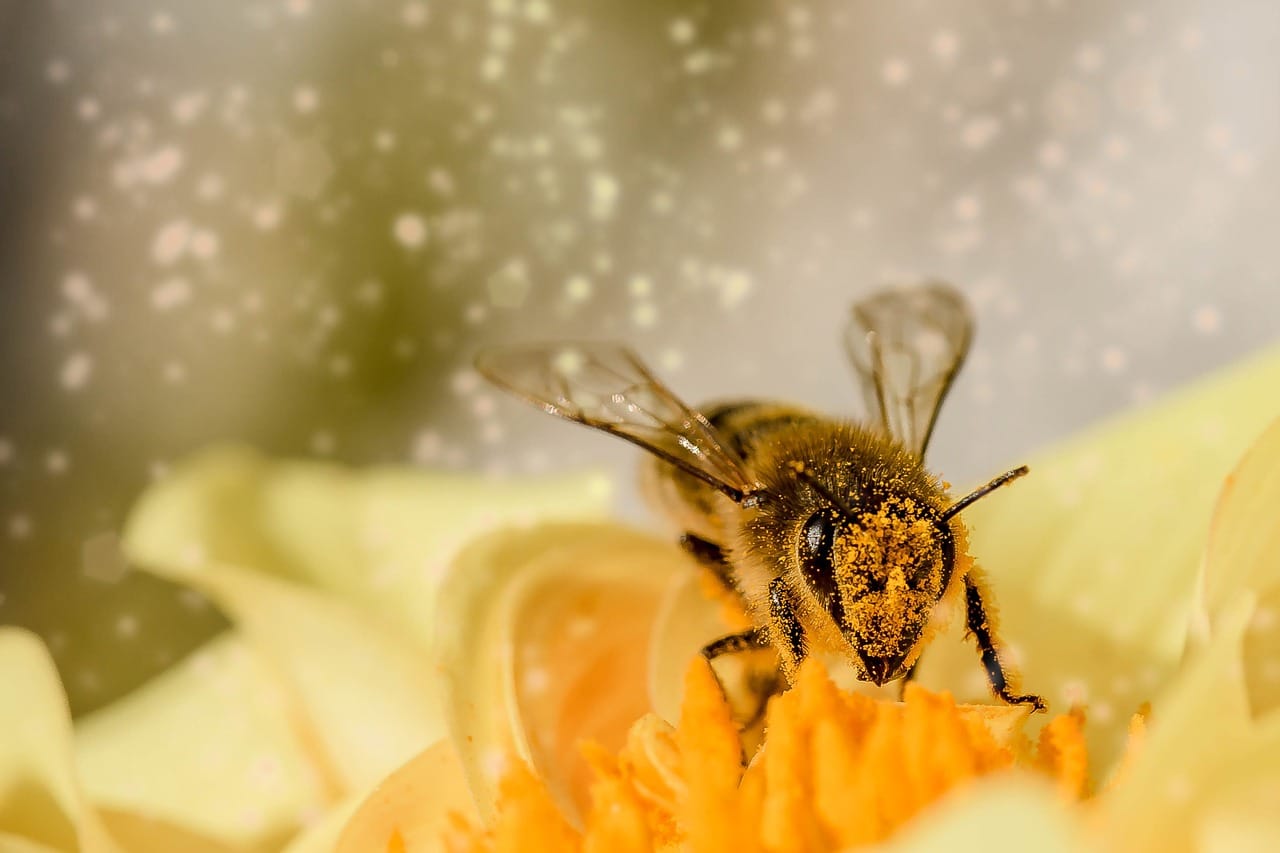
The Birds and Bees Protection Act proposed to eliminate 80-90% of the neonics entering New York’s environment yearly.
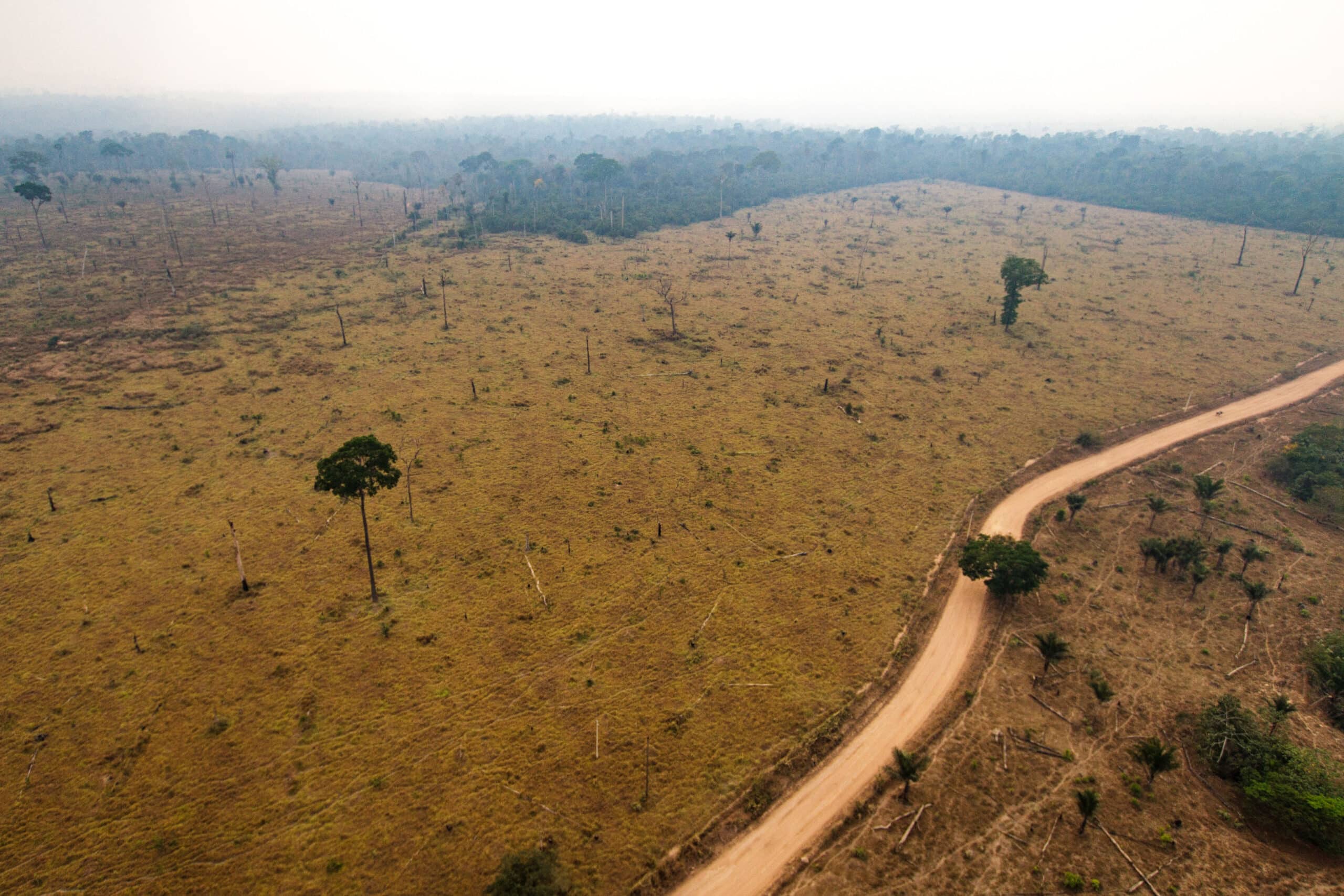
Studies suggest that cattle ranching and animal feed production is currently responsible for 80% of deforestation across the Latin America and Caribbean region.
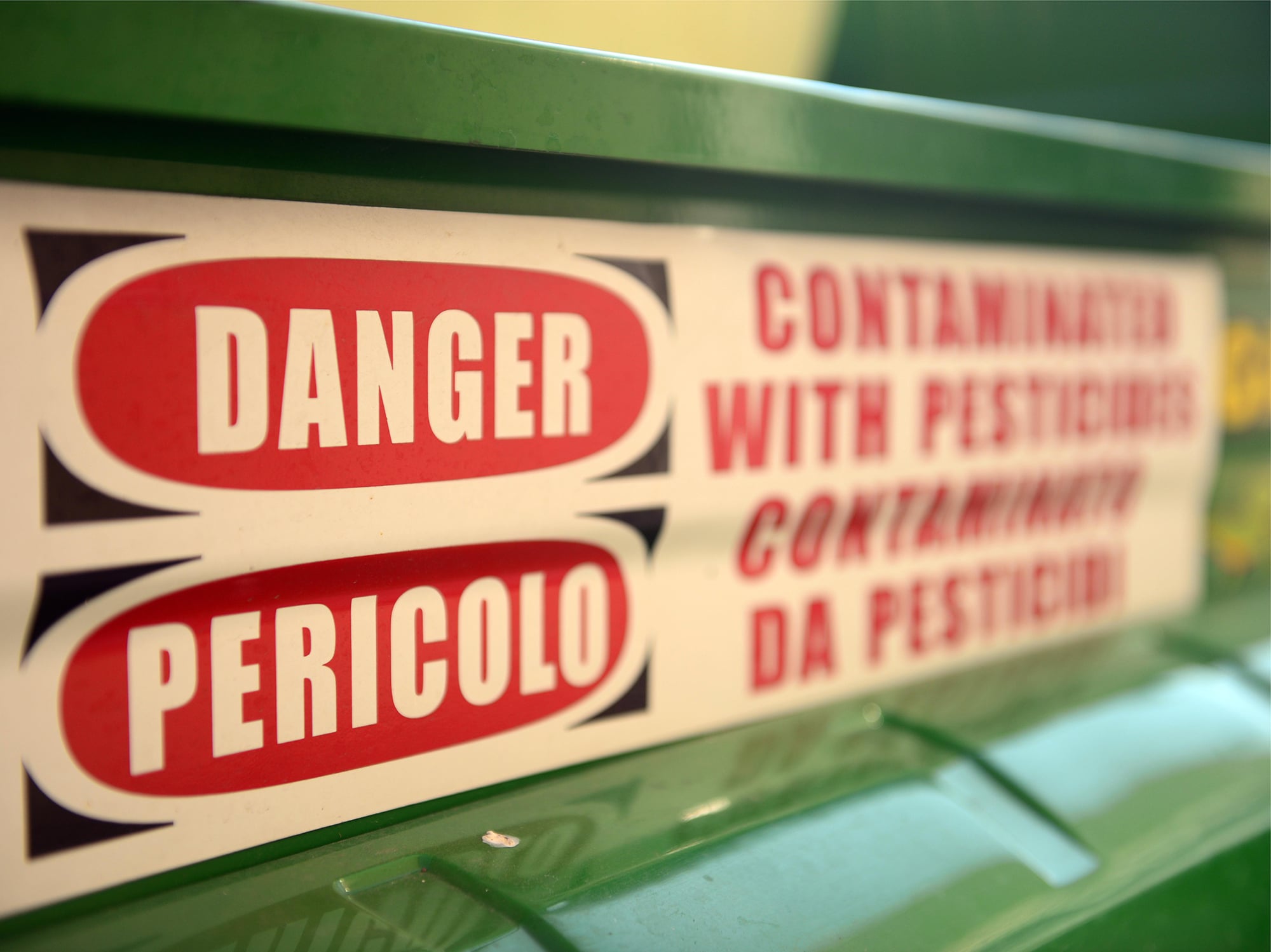
For far too long, we’ve been exposed to a neurotoxic pesticide called chlorpyrifos, despite decades of science clearly linking this pesticide to brain damage in children.
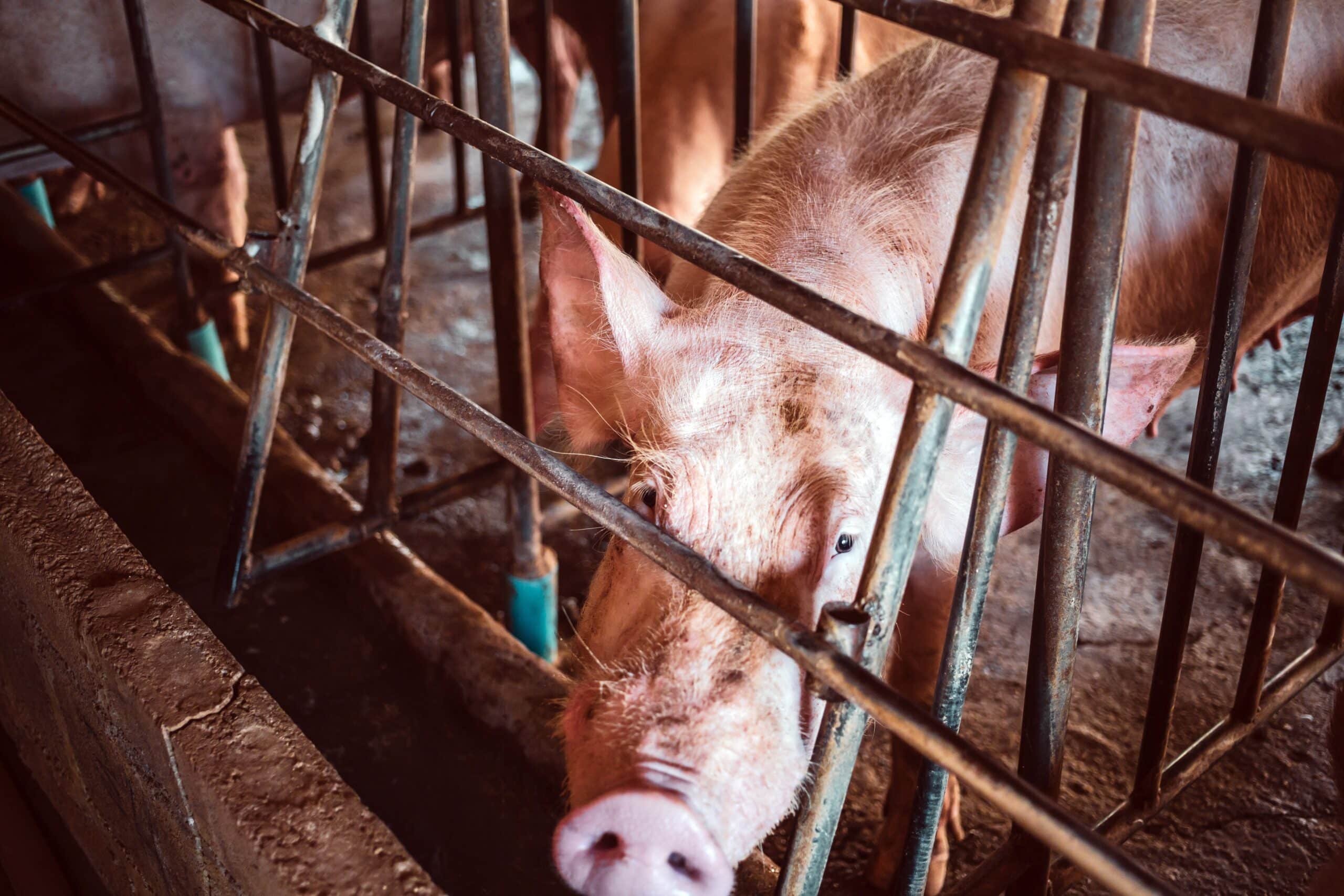
As world leaders meet tomorrow in Paris to discuss the role of public finance in addressing “climate change and the global crisis”, delegates should press multilateral development banks (MDBs) to invest in line with the Paris Agreement
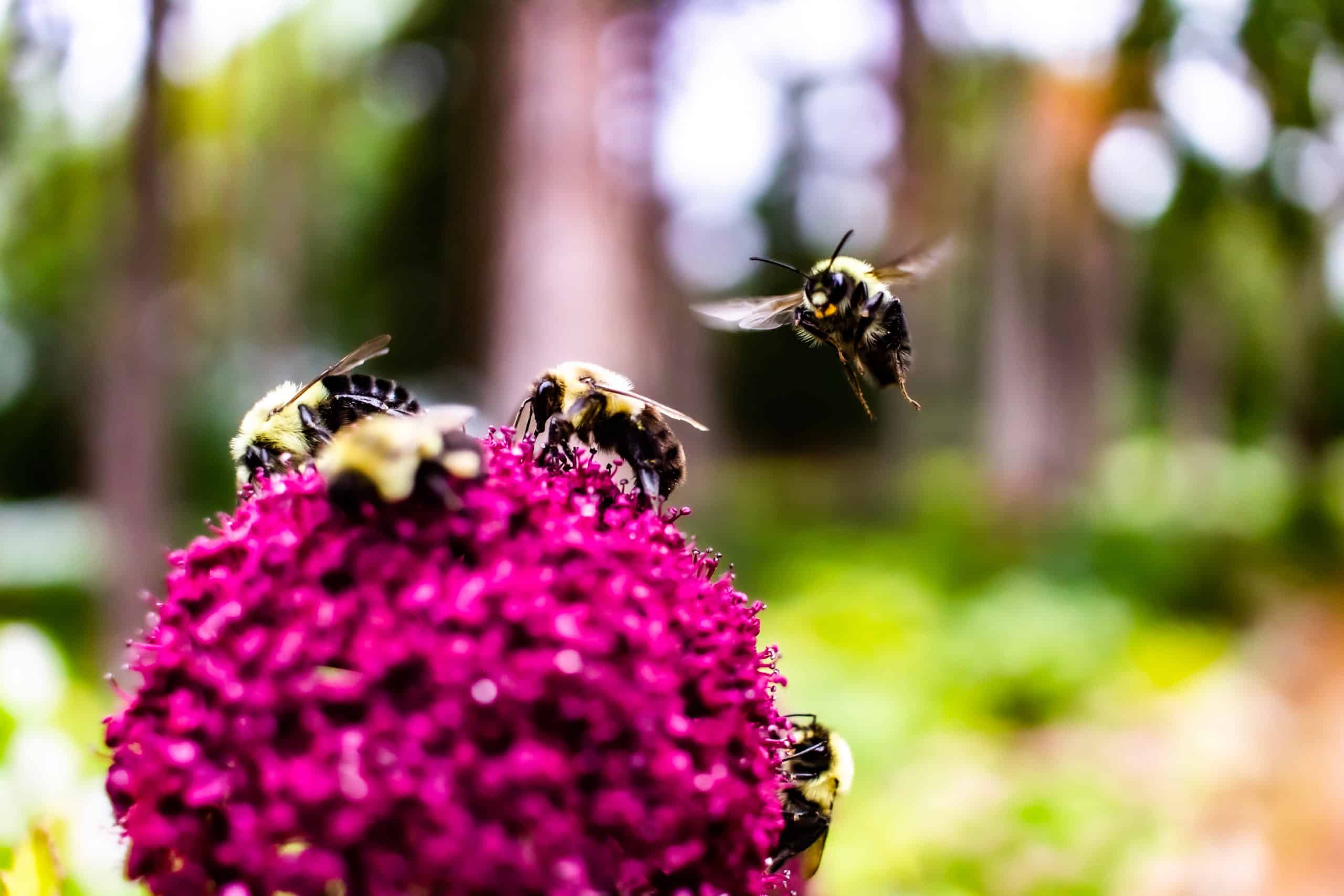
Bee populations are in decline, in part because of habitat loss and destruction. Find out more about why it’s happening and the impacts.
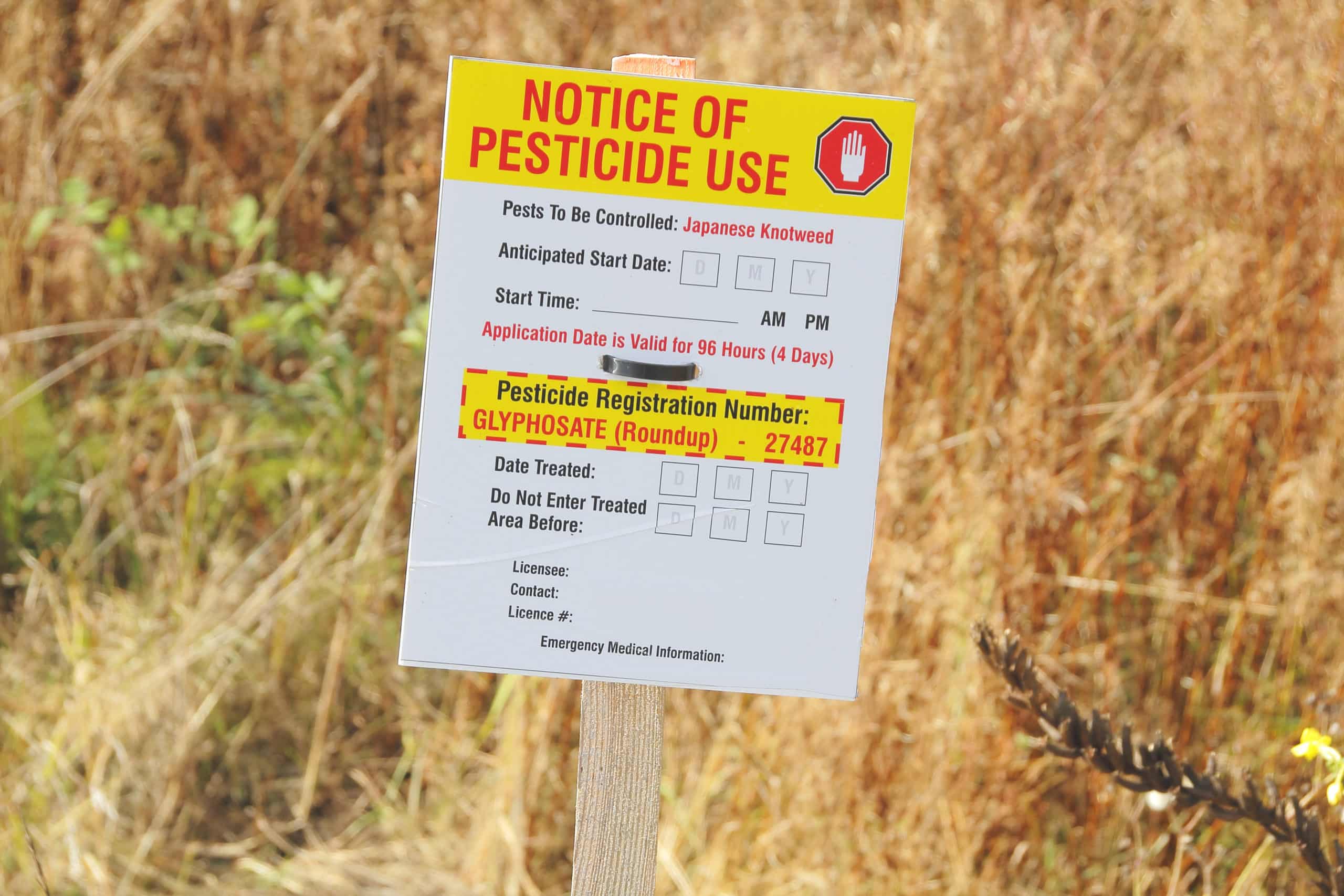
The popular herbicide is still being sold despite over 125,000 lawsuits. Explore how dangerous this product truly is.
